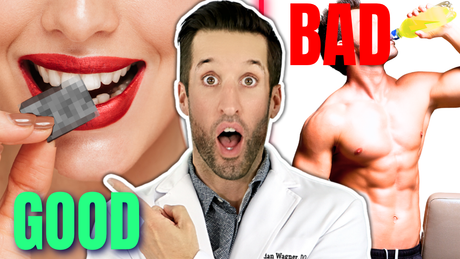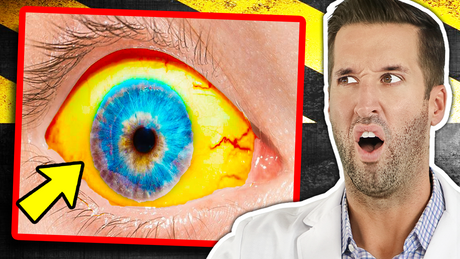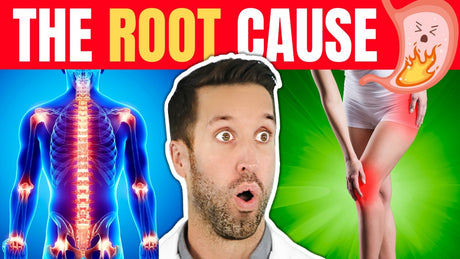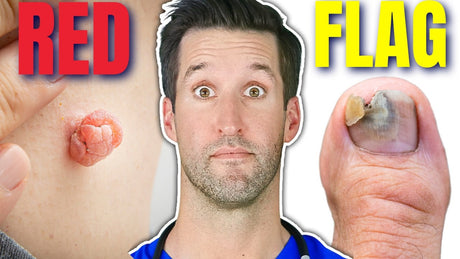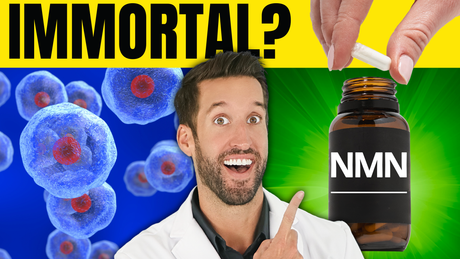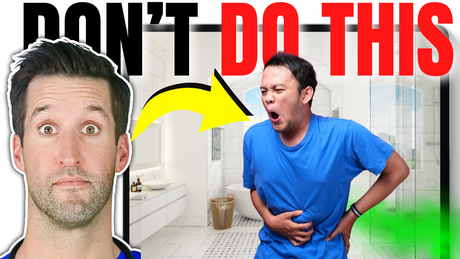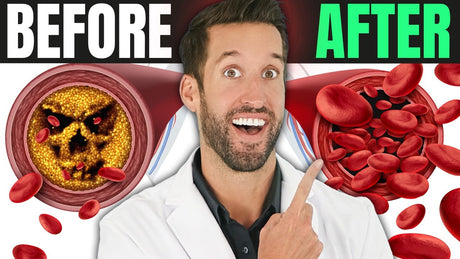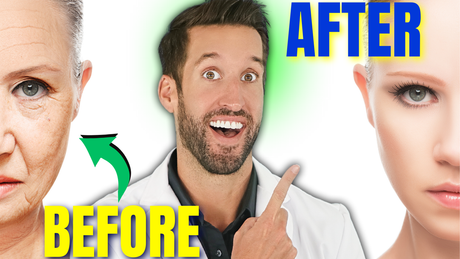10 Weirdly Healthy Habits (That Are Backed by Science)
Cold showers? Swearing? Chewing gum? Some of the strangest habits might actually have science-backed health benefits. Dr. Jordan Wagner, board-certified emergency physician and co-founder of Life Happns, breaks down 10 surprisingly healthy things you might already be doing without realizing it.
1. Eating Dark Chocolate
Dark chocolate (70% cocoa or higher) is packed with flavonoids—natural antioxidants that reduce inflammation, improve blood flow, and support heart health. A study in the British Medical Journal linked moderate dark chocolate intake to a reduced risk of stroke and cardiovascular disease. Just don’t overdo it—a square or two is plenty.
2. Taking Cold Showers
Cold exposure helps your blood vessels constrict and dilate, improving circulation and reducing muscle soreness post-workout. One PLOS ONE study found people who ended showers with cold water were 29% less likely to call in sick over three months. Quick tip: talk to your doctor first if you have cardiovascular conditions.
3. Fidgeting
Constantly tapping your foot or bouncing your leg? It might be helping you more than you think. Low-level movements during long periods of sitting can boost circulation and slightly increase calorie burn. According to the American Journal of Preventive Medicine, women who fidgeted more while sitting had lower risk of mortality than those who sat still.
4. Drinking Coffee (In Moderation)
In moderation (1–3 cups a day), coffee may reduce the risk of type 2 diabetes, Alzheimer’s, and depression. It’s also known to improve memory and reaction time. For a clean, focused energy boost, try Level Up—Life Happns’ energy and focus supplement with clean caffeine, Lion’s Mane, Cognizin®, and B vitamins.
5. Listening to Loud Music
Music boosts dopamine, lowers cortisol, and enhances physical performance. Studies show that fast-tempo music improves workout endurance and reduces the feeling of effort. Just watch the volume—anything above 85 dB can damage hearing over time.
6. Laughing at Cringe Memes
Laughter decreases cortisol and boosts endorphins. A study in Alternative Therapies in Health and Medicine found that just 15 minutes of laughter daily improved arterial flexibility—great for heart health. So, go ahead—embrace the weird memes.
7. Sleeping In (Sometimes)
While chronic oversleeping isn’t ideal, occasional weekend “catch-up” sleep has benefits. A study in the Journal of Clinical Endocrinology & Metabolism showed improved insulin sensitivity and lower inflammation markers in people who slept in after short weekday sleep. Trouble falling or staying asleep? Try Do Not Disturb, our melatonin-free sleep supplement with magnesium, passionflower, L-theanine, and evodia.
8. Chewing Gum (Natural Kind)
Chewing gum can increase alertness and improve short-term memory by boosting blood flow to the brain. But steer clear of conventional gum with synthetic plastics. Choose options made with natural chicle or xylitol for a cleaner chew.
9. Doodling
Doodling during a boring lecture or phone call? Don’t stop. A University of Plymouth study found doodlers retained 29% more information than non-doodlers. Light physical engagement helps keep your brain focused just enough to avoid zoning out.
10. Swearing (In Moderation)
Swearing when in pain might help—literally. A 2009 study in NeuroReport found that people who swore during an ice bath test tolerated the pain longer. Swearing can trigger a stress response that releases adrenaline and endorphins. Just don’t overdo it—if you curse too often, it loses its effect.
Final Thoughts
Health isn’t always green juice and gym sessions—sometimes it’s chocolate, laughter, and doodling. Weird habits, when backed by science, can be surprisingly good for you. If you're looking to level up your focus, energy, or sleep, check out our fast-acting, doctor-formulated solutions at LifeHappns.com or on Amazon.
References & Studies
- BMJ: Chocolate consumption and cardiovascular health
- PLOS ONE: Cold showers and sick leave
- Fidgeting and mortality risk
- Coffee and cognitive function
- Laughter and vascular health
- Catch-up sleep and metabolic health
- Doodling and memory retention
- Swearing and pain tolerance
All information on the Life Happns website is for informational purposes only, and is not intended to be used for medical advice, diagnosis, or treatment. Always seek the advice of your physician or other qualified health provider with any questions you may have regarding a medical condition or before starting any new supplement or health regimen.

